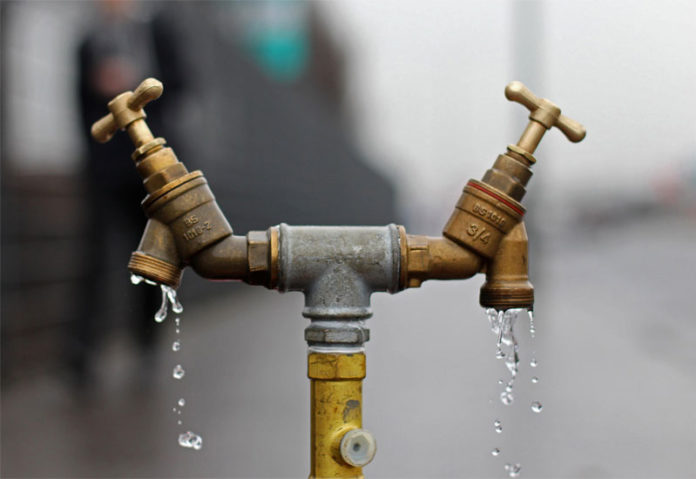Pradeep Kumar Panda
The world will not be able to overcome the great development challenges of the 21st century, such as providing access to safe drinking water and sanitation for all, making cities liveable, and ensuring food and energy security without improving how countries manage their water resources.
Population and economic growth, along with increased variability in climate, will further exacerbate current water stress. The need of the hour is to address these challenges through multi-sectoral approaches that encompass infrastructure development, institutional strengthening, and focus on the poor.
Water is a basic human need and is indispensable to almost all economic activities. Yet water is under unprecedented pressure as growing populations and competing economic sectors demand more of it, leaving it insufficient to meet human needs and keeping ecosystems healthy. Groundwater reserves have depleted in several places, leaving the current and future generations with close to no buffer against increased climate variability.
Worsening water quality owing to economic activities is reducing the availability of fresh water, degrading land, impacting terrestrial and marine ecosystems, and adding to costs of water treatment
Worsening water quality owing to economic activities is reducing the availability of fresh water, degrading land, impacting terrestrial and marine ecosystems, and adding to costs of water treatment. Access to safe sanitation and water is still out of reach for more than 2.5 billion and 768 million people respectively, leading to the loss of thousands of lives every day and billions of dollars in economic losses annually.
Evidence suggests climate change will exacerbate challenges by increasing hydrologic variability. Experts estimate that by 2080, 43-50 per cent of the global population will be living in water-scarce countries, compared with 28 per cent today. Recent World Bank reports suggest that in a 4C warmer world, water stress will rise around the world. The roughly 1 billion people living in monsoon basins and the 500 million people living in deltas are especially vulnerable. The poorest will suffer the most and are least prepared.
Water resources management issues have become so pressing that World Economic Forum named water among its top challenges in 2013 and 2014. Within this changing physical and socio-economic landscape, water practices of the past are no longer adequate.
By 2050, the world will need to feed 9 billion people — 2 billion more than today’s population. This will result in a 50 per cent increase in agricultural production and a 15 per cent increase in already-strained water withdrawals.
Already, the agricultural sector is by far the largest global user of water. Irrigated agriculture accounts for about 70 per cent of total freshwater withdrawals worldwide. Yet, water is becoming increasingly scarce owing to continued population growth, declining groundwater supplies and water quality issues. Climate change will worsen the situation by increasing water stress. Poorer countries contributing least to the problem will be the most affected.
Today, more than 1.2 billion people lack access to electricity. Currently, water withdrawals for energy are estimated about 15 per cent of global water withdrawals. At the same time, estimates show that by 2035, global energy consumption will increase by 35 per cent, and while water use will become more efficient, actual water consumption by the energy sector may increase by 85 per cent.
Damage caused by water accounts for 90 per cent of all the havoc natural disasters wreak on people and places; and their frequency and intensity are rising. Some 373 natural disasters killed more than 2,96,800 people in 2010, affecting nearly 208 million others and costing nearly $110 billion.
Providing these services sustainably requires integrated planning and management, including securing quality water supply.
Allocating limited water resources among competing economic sectors and environmental water needs will be a rising challenge among countries. Failing to establish appropriate allocation mechanisms will impede development, resulting in increased income inequality and exacerbating environmental pressures.
Supporting water resources management will contribute to the twin goals of ending extreme poverty by 2030 and promoting shared prosperity for the poorest 40 per cent of the population in every country.
The writer is an economist. e-Mail: pradeep25687@yahoo.co.in

